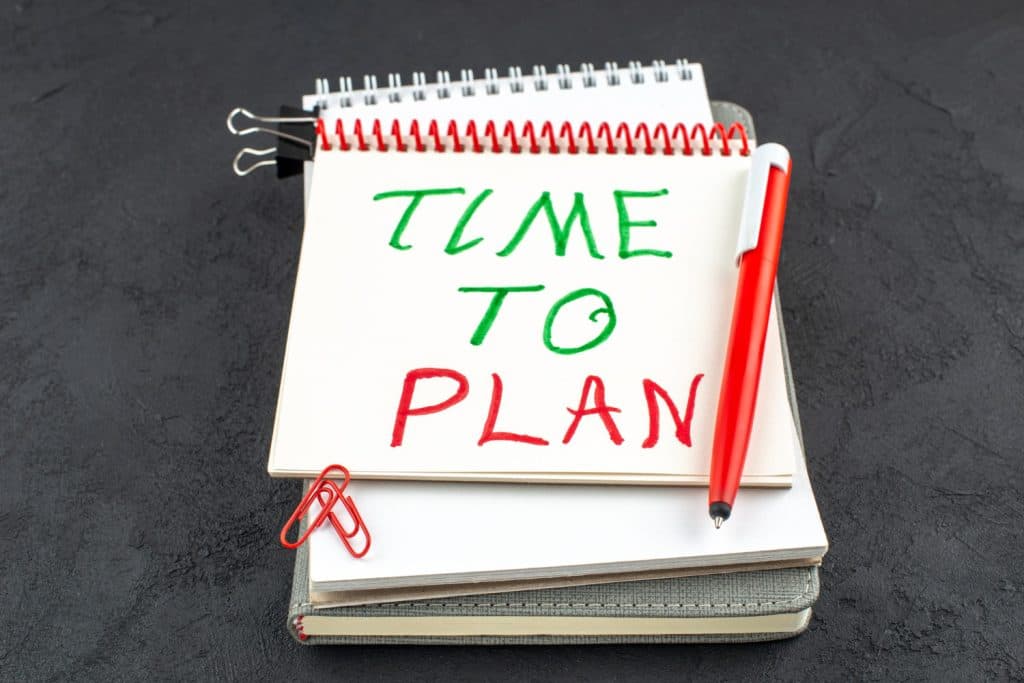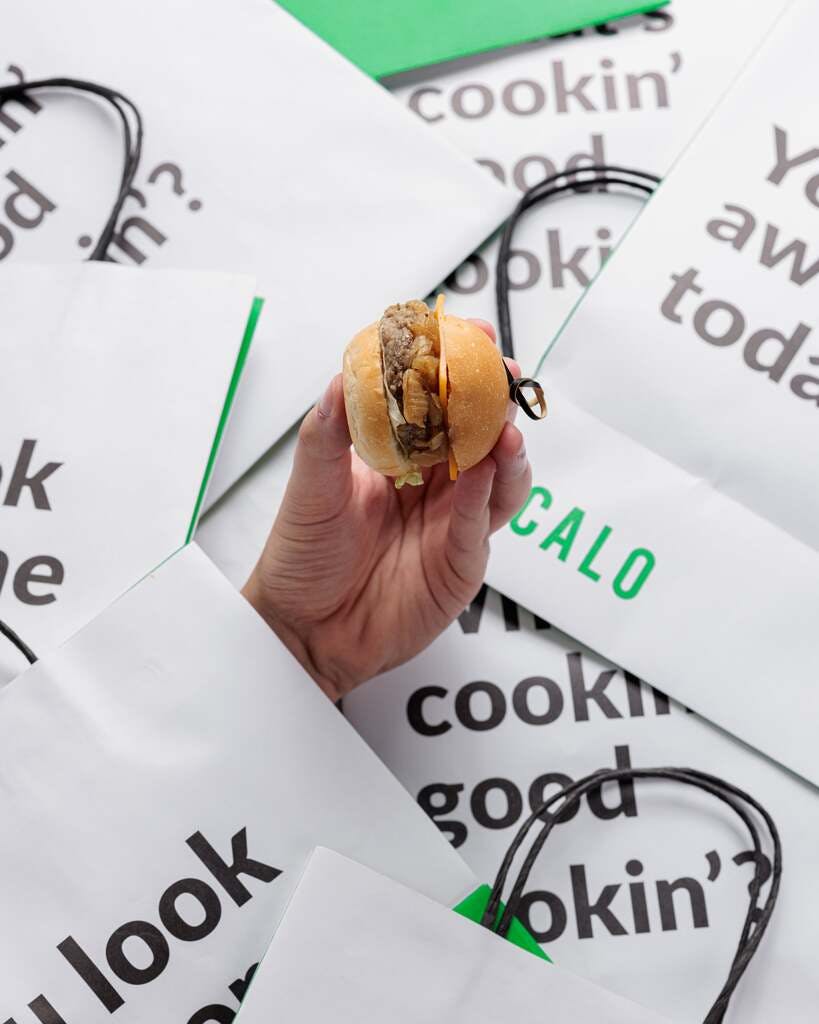Back to blog
How To Quit Procrastinating

How to Quit Procrastinating
What does food have to do with procrastination?
Is Procrastination a Sign Of ADHD Disorder?
Healthy Food Delivery
What does food have to do with procrastination?
Is Procrastination a Sign Of ADHD Disorder?
Healthy Food Delivery
Do you keep putting off tasks until they pile up and stress you out? You're definitely not alone. This habit is called procrastination, meaning delaying tasks even when you know it might lead to problems or affect the quality of your work. It's not about being lazy; it's often a way of avoiding the stress or pressure certain tasks bring. But over time, it becomes a pattern that holds you back from achieving your goals.
But the good news? You can break this cycle. It's not impossible; it starts with small, consistent steps.
How to Quit Procrastinating
You probably wonder about procrastination meaning and how it ends up, it means putting off tasks or decisions, even when we know they’re important.
It often starts with a simple “I’ll do it later,” but before you know it, things pile up for no clear reason. This habit is usually fueled by fear of failure, pressure to be perfect, or just low motivation. The problem is, procrastination doesn’t fix itself, it adds stress and affects your quality of life, especially when it shows up in everyday tasks or important work and school responsibilities.
Here some important steps that you try to quit procrastinating:
Start with What You Can Do Right Now

One of the biggest traps of procrastination is waiting for the “perfect time.” The truth is, that time might never come. So instead, ask yourself: What small step can I take today?
Even a quick 5-minute task can break the cycle and get you going.
*You can also read about The Truth About Fast Metabolism.
Break Tasks Into Manageable Chunks
Big tasks can feel overwhelming before you even start. Try breaking them down into smaller, more doable steps.
Instead of saying “Write an essay,” go with “Outline the title,” then “Write the first paragraph,” and so on. Each small step makes the task easier and gives you a feeling of accomplishment along the way.
Set Up Your Environment To Help You Focus, Not Distract You
If your phone is in sight, you’re more likely to reach for it. And with notifications on, staying focused becomes nearly impossible. Make your space work for you:
- Turn off notifications
- Set up a comfortable, distraction-free workspace
- Clear away anything that’s not related to what you’re working on
Use the 25-minute timer (Pomodoro Technique)
Set a timer for 25 minutes and focus on just one task. When time’s up, take a short break. It’s a great way to stay focused without the pressure of working for hours. This method really helps when you're feeling stuck or overwhelmed.
Pay Attention to Your Self-Talk
Sometimes, the biggest obstacle is the voice in your own head. Telling yourself, “I always procrastinate, there’s no point,” only makes it easier to give up. Try shifting your mindset to things like “I can start small” and “every minute I work brings me closer to my goal.”
The way you talk to yourself matters more than you think.
Don’t Wait to Feel Motivated
Motivation comes and goes. Some days you wake up ready to start, other days not so much. If you wait for the perfect mood, you might never begin.
Start anyway! motivation often shows up once you’re already in motion. Taking action gives you mental stability and makes it easier to keep going.
*You can also read about The Real-Life Guide to Healthy Living.
What does food have to do with procrastination?

Have you ever felt tired after eating a certain type of food?
One of the causes of procrastination is the type of food you eat everyday! What you eat affects how well you focus and make decisions even if you don’t realize it. Heavy or sugary meals can leave you feeling tired and unfocused, which makes it easier to procrastinate. You might also be allergic to certain types of food without realizing it even if they’re healthy, which causes you fatigue and tiredness!
On the other hand, balanced meals with protein and fiber can lift your mood, reduce stress, and help you concentrate. Sometimes, people keep snacking to avoid difficult tasks, a form of emotional procrastination. Start paying attention to your eating habits: Are you truly hungry, or are you just trying to avoid something?
Is Procrastination a Sign Of ADHD Disorder?
Chronic procrastination is often linked to attention deficit hyperactivity disorder (ADHD), but on its own, it’s not enough for a diagnosis. In the case of ADHD, procrastination isn’t just a daily habit that you can’t get rid of, it stems from challenges with time management, low motivation, and difficulty staying focused on tasks that require sustained effort.
People with ADHD may struggle to get started or feel mentally drained quickly, even when the task is clearly important. Understanding this connection helps separate procrastination caused by everyday habits from procrastination tied to a condition that may need professional support and treatment.
Healthy Food Delivery
Healthy food helps you maintain your focus and avoid feeling tired after eating random types of food. You can rely on the Calo app to receive healthy food with delivery to your home or office. Enjoy satisfying healthy meals and snacks!
FAQ
What is the 2 minute rule?
The 2-Minute Habit is a simple trick to help you beat procrastination and get started without overthinking. The idea is to begin with a tiny step that takes no more than two minutes, like reading a single page, opening a document, or tidying up one item. You’re not aiming to finish the task, just to start it. It may sound small, but it makes a big difference, because starting is usually the hardest part. And once you begin, you often keep going without even noticing. Over time, these small actions turn into solid habits and help you finally tackle the things you’ve been putting off.
How do you know if you are procrastinating?
You’re likely procrastinating when you keep putting off important tasks for no real reason and find yourself doing easier, less important things instead. Maybe you tell yourself, “It’s not the right time,” or “I work better under pressure,” but deep down, you feel anxious or guilty every time you think about what you haven’t done. It turns into a cycle in which you plan to start, delay it, let tasks pile up, and end up feeling even more stressed. If you’re always waiting for the perfect mood or moment to begin, chances are you’re stuck in that procrastination loop.
You know how to quit procrastinating when you start taking small steps rather than feeling overwhelmed all the time. You can read about the Ultimate Guide to a High Protein Diet for Vegans and The Complete Hiking Essentials Checklist for Beginners and Pros. Discover more topics about health on the Calo blog.








